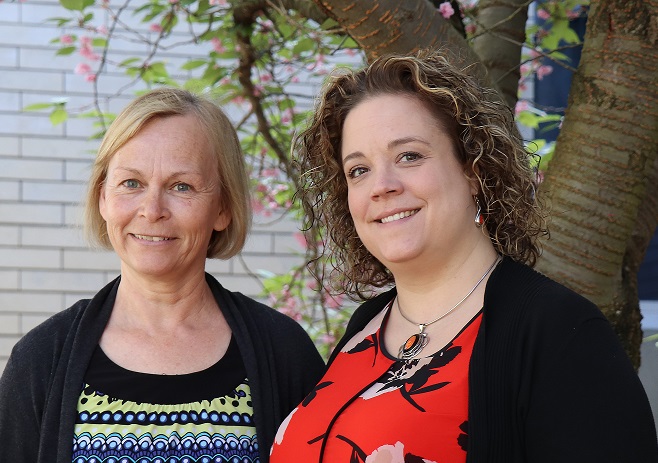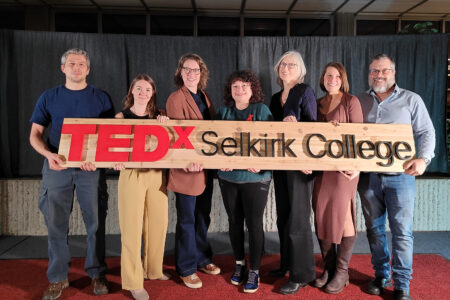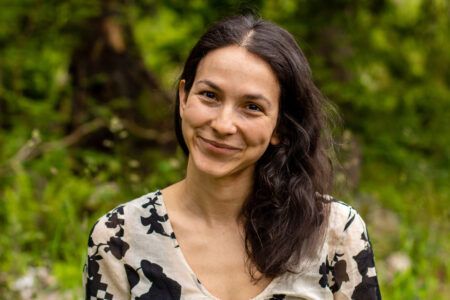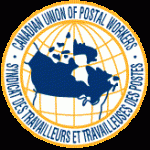Selkirk College Helps Bridge the Gap for Early Childhood Care Educators
A Selkirk College pilot project aimed at increasing the number of certified early childhood educators is helping British Columbia’s push to lead the nation in accessible, quality childcare.
The Early Childhood Education Work-Integrated Learning Pilot Project is supporting the Province of British Columbia’s efforts to understand how alternative education pathways for early childhood educators (ECEs) can best support the current childcare workforce to upgrade their qualifications while remaining employed. The pilot project is inviting those who have been working in the sector as ECE assistants to bolster their credentials through meeting individuals where they are at in their current training, work experience and formal education.
“The most obvious benefit is to the early childhood care assistants who will become certified ECEs which makes them more employable and provides better wages,” says Taya Whitehead, Selkirk College’s Dean for the School of Health & Human Services who has more than two decades of experience in the ECE sector. “But the children and families will benefit from increased quality and accessibility that programs like this provide.”
Earlier this year, Selkirk College’s Early Childhood Care & Education (ECCE) Program celebrated a major milestone in quality education and training for individuals who dedicate a career to the fundamental development and care of young children. Based on the Castlegar Campus, the program has been a post-secondary leader in this area for 40 years. The ten-month certificate program is currently delivered full-time, part-time, fully online or blended online and face-to-face.
Those working in the sector as ECE assistants have less formalized training, but the pilot project offers the ability to attain the certificate credential by identifying gaps. Veteran Selkirk College instructor Aanyta Fahrenbruch meets with those interested in advancing their education and provides a custom plan to meet the goals of attaining a certificate. Through individual plans, the objective is to provide a bridge for those who are close to gaining a credential.
The Selkirk College pilot project is one aspect of a broader provincial government plan that has increased the number of childcare spaces, reduced costs to parents and increased incentives for those who choose a career in the sector by adding more support for post-secondary training and upping the wages.
Whitehead graduated from the Selkirk College ECCE Program in 1998, earned a Bachelor of Arts in Child & Youth Care from the University of Victoria and entered the field where she soon became a involved in leadership on the provincial stage. She began as an instructor at Selkirk College in 2008 where her continued leadership locally and beyond has been vital to the success of the program and the sector as a whole. Whitehead says the emphasis currently being placed on ECE in British Columbia will make a difference for children, families and those who choose it as a career.
“It’s monumental in the history of early childhood care and education in the province on many levels including accessibility, affordability for parents and quality,” says Whitehead. “There have been small steps to address bits and pieces over the years, but no other government in Canada’s history has addressed all of these arms of the sector in the way that this current government is doing.”
The Selkirk College pilot project is open to those who have taken a minimum of two courses and have worked a minimum of five years in the field. For more information on the pilot project contact Aanyta Fahrenbruch at AFahrenbruch@selkirk.ca. Learn more about the Selkirk College ECCE Program at selkirk.ca/ecce.



























Comments